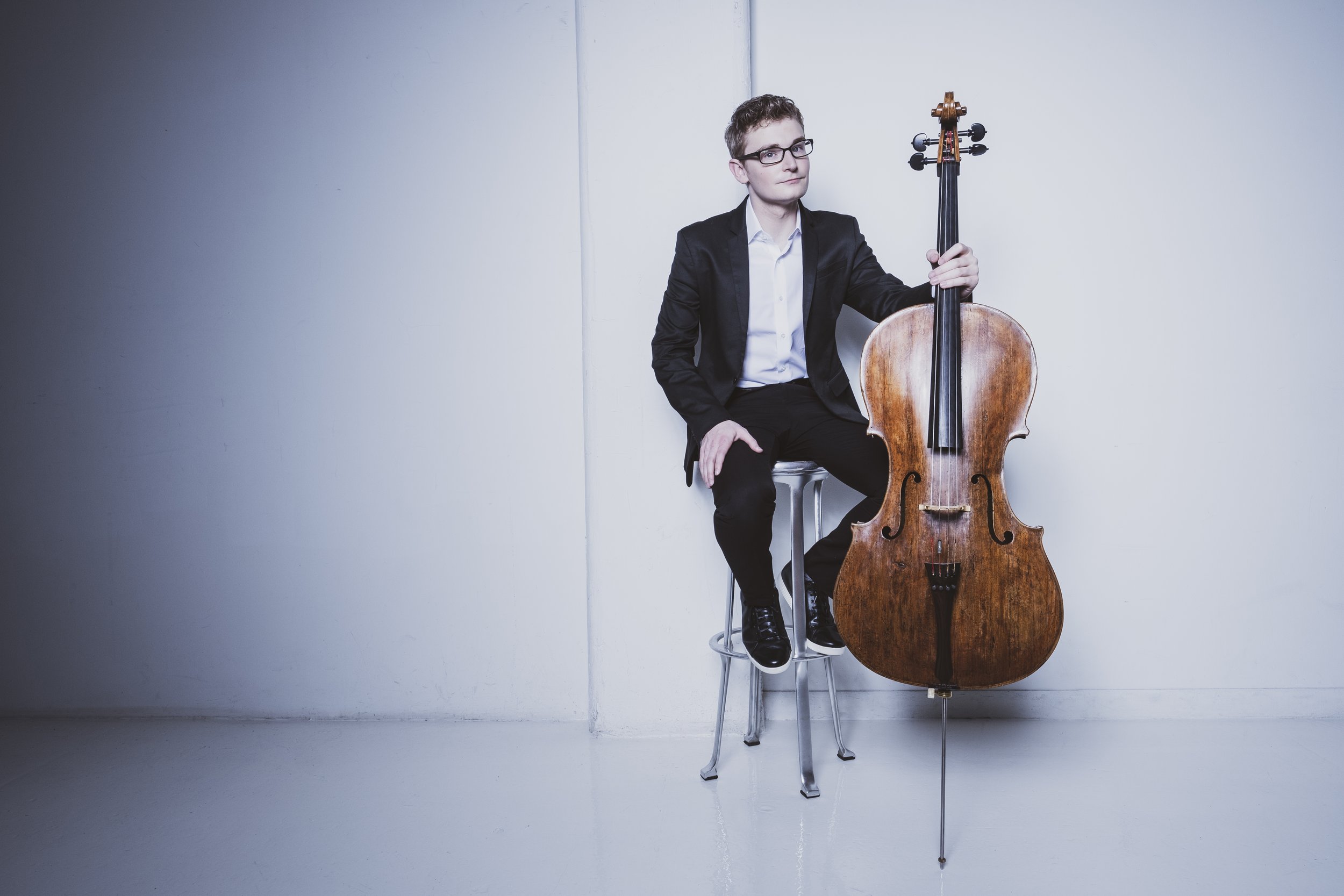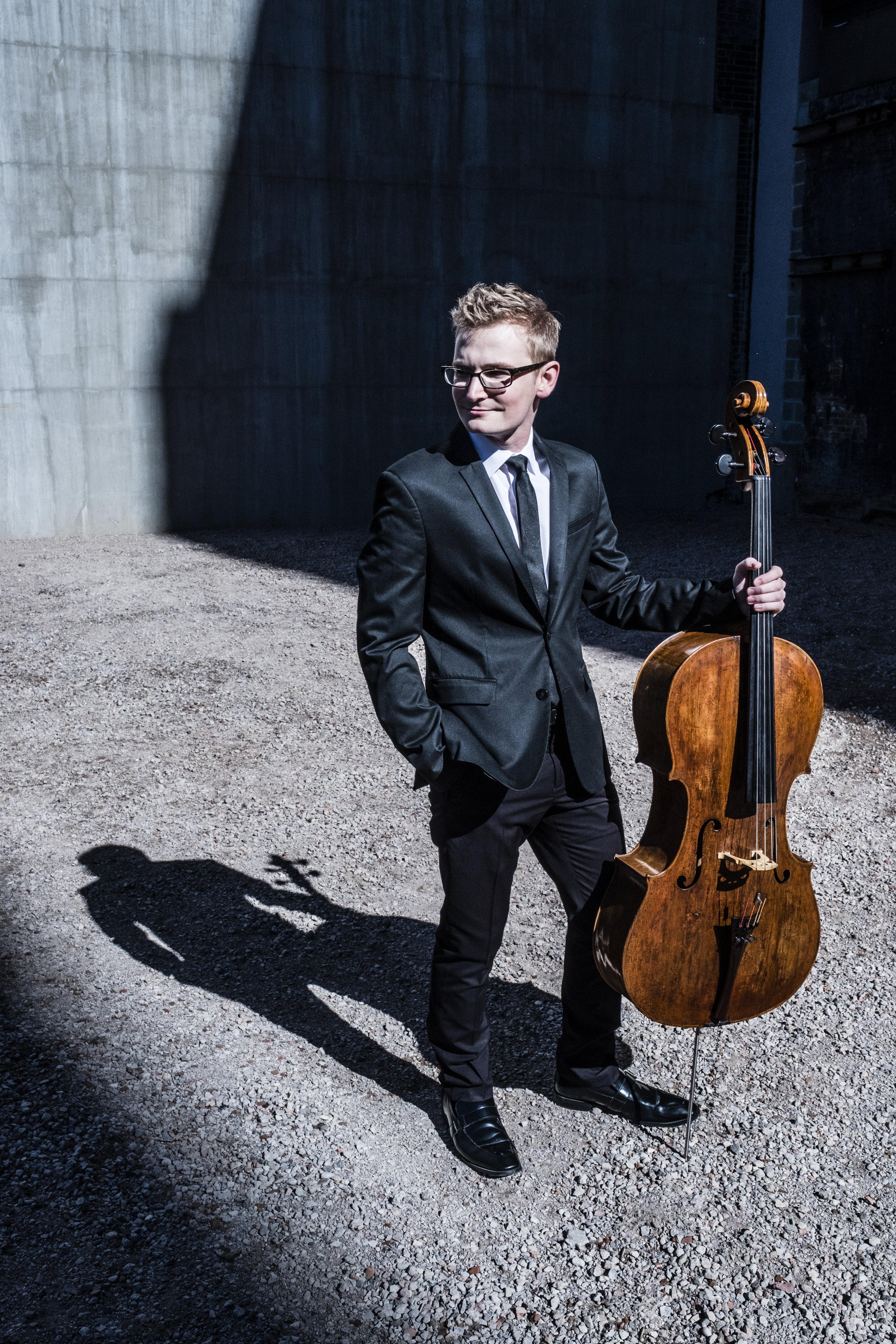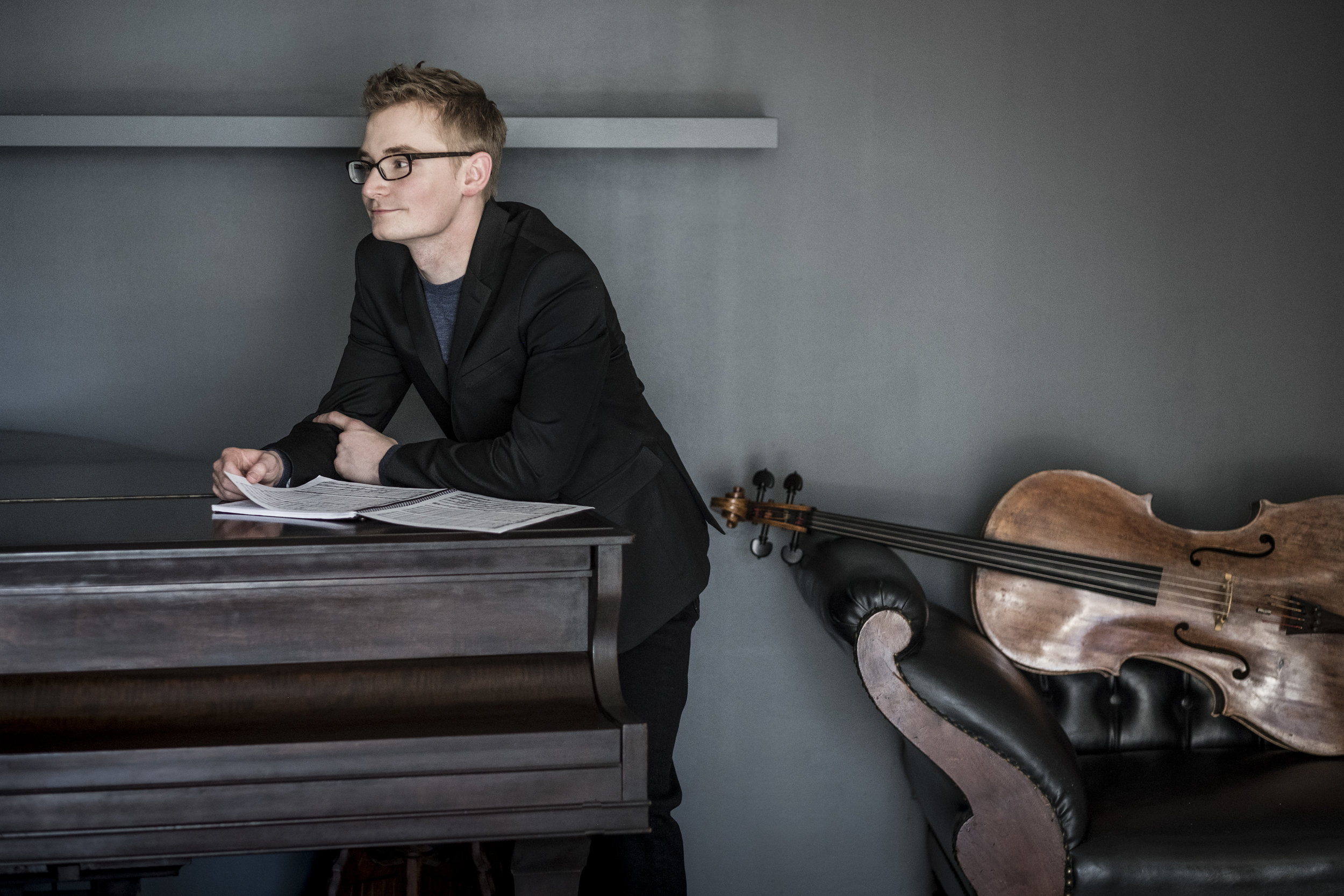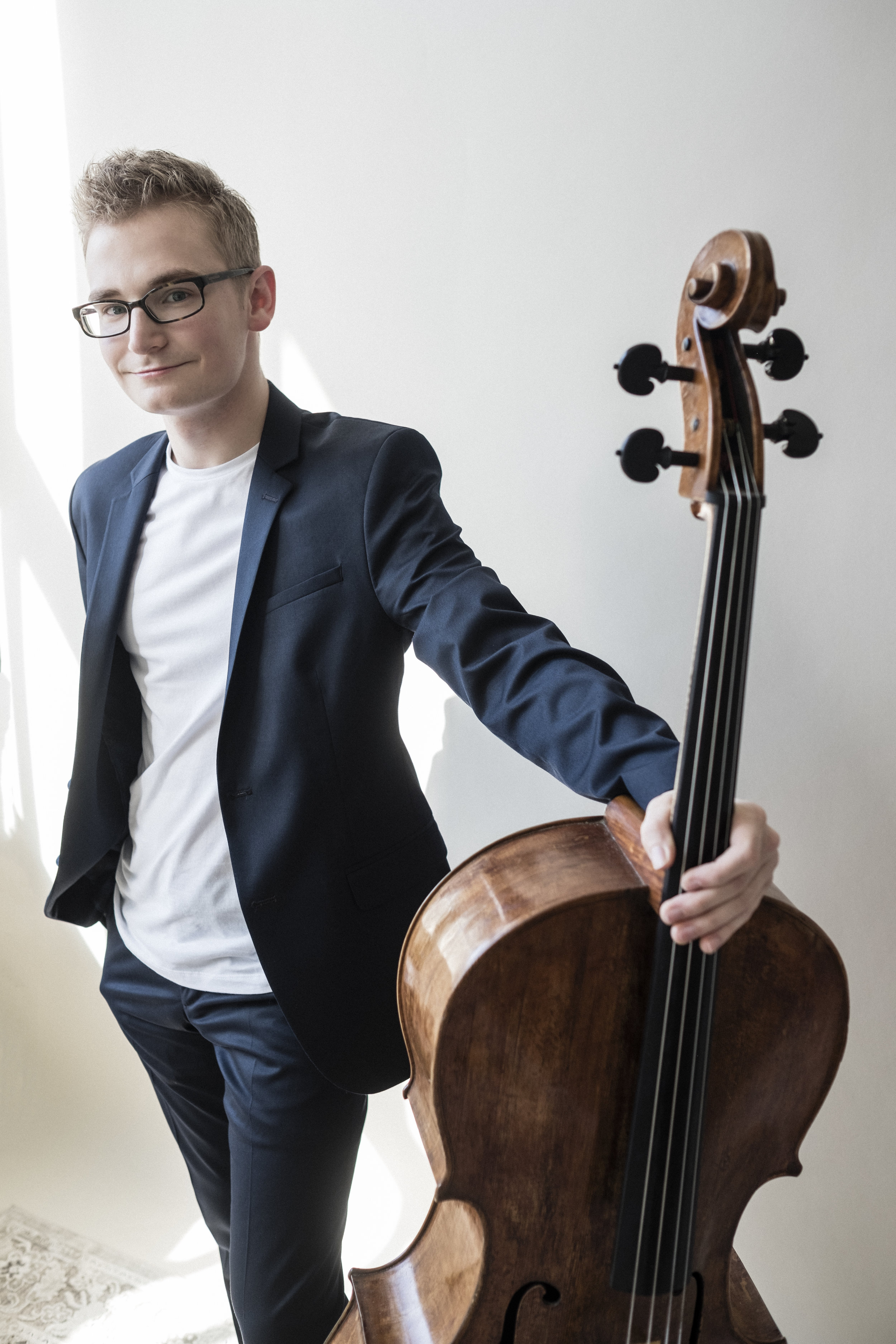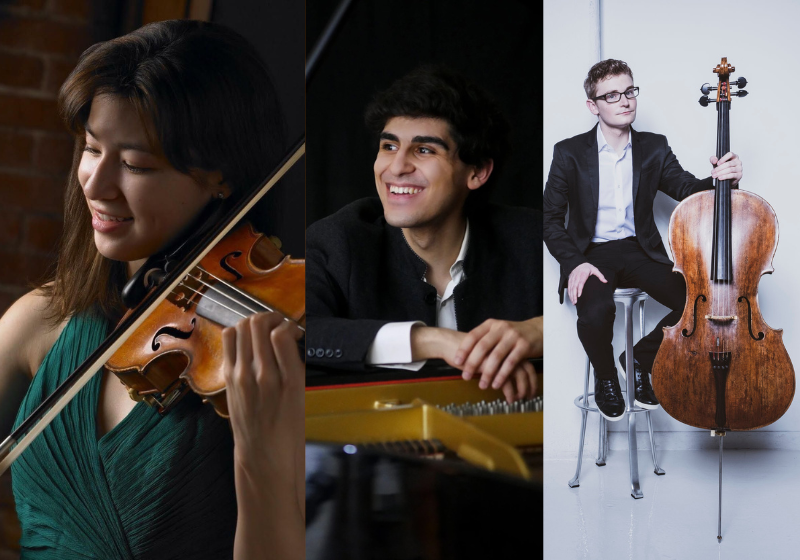Cellist Alexander Hersh has quickly established himself as one of the most exciting and creative talents of his generation. Alexander is a top prize winner of the: Walter W. Naumburg International Cello Competition (2024), Pro Musicis International Award (2022), Salon de Virtuosi Career Grant (2020), Astral Artists National Auditions (2019), National Federation of Music Clubs Biennial Young Artist Competition (2019), New York International Artists Association Competition (2017), Schadt String Competition (2016), Hellam Young Artists Competition (2015), and the Luminarts Classical Music Fellowship (2016). Recent and upcoming concerto engagements include the Houston Symphony, Boston Pops, Baltimore Chamber Orchestra, West Virginia Symphony Orchestra, Rockford Symphony Orchestra, Allentown Symphony Orchestra, Illinois Philharmonic Orchestra, Springfield Symphony Orchestra, Fox Valley Symphony Orchestra, Elmhurst Symphony Orchestra, Jefferson Symphony orchestra, Symphony Parnassus, Saint Paul Civic Symphony, and the Dupage Symphony Orchestra. Recital and chamber music engagements, past and present, include Carnegie Weill Hall, Marlboro Music Festival, Chamber Music Northwest, Ravinia, Caramoor, Music@Menlo, Pro Musica San Miguel de Allende, Miami Chamber Music Society, Dame Myra Hess Memorial Concert Series, Tri-County Concerts, Perlman Music Program, Lucerne Festival Academy, I-M-S Prussia Cove, Amsterdam Cello Biennale, Kneisel Hall, and Domaine Forget.
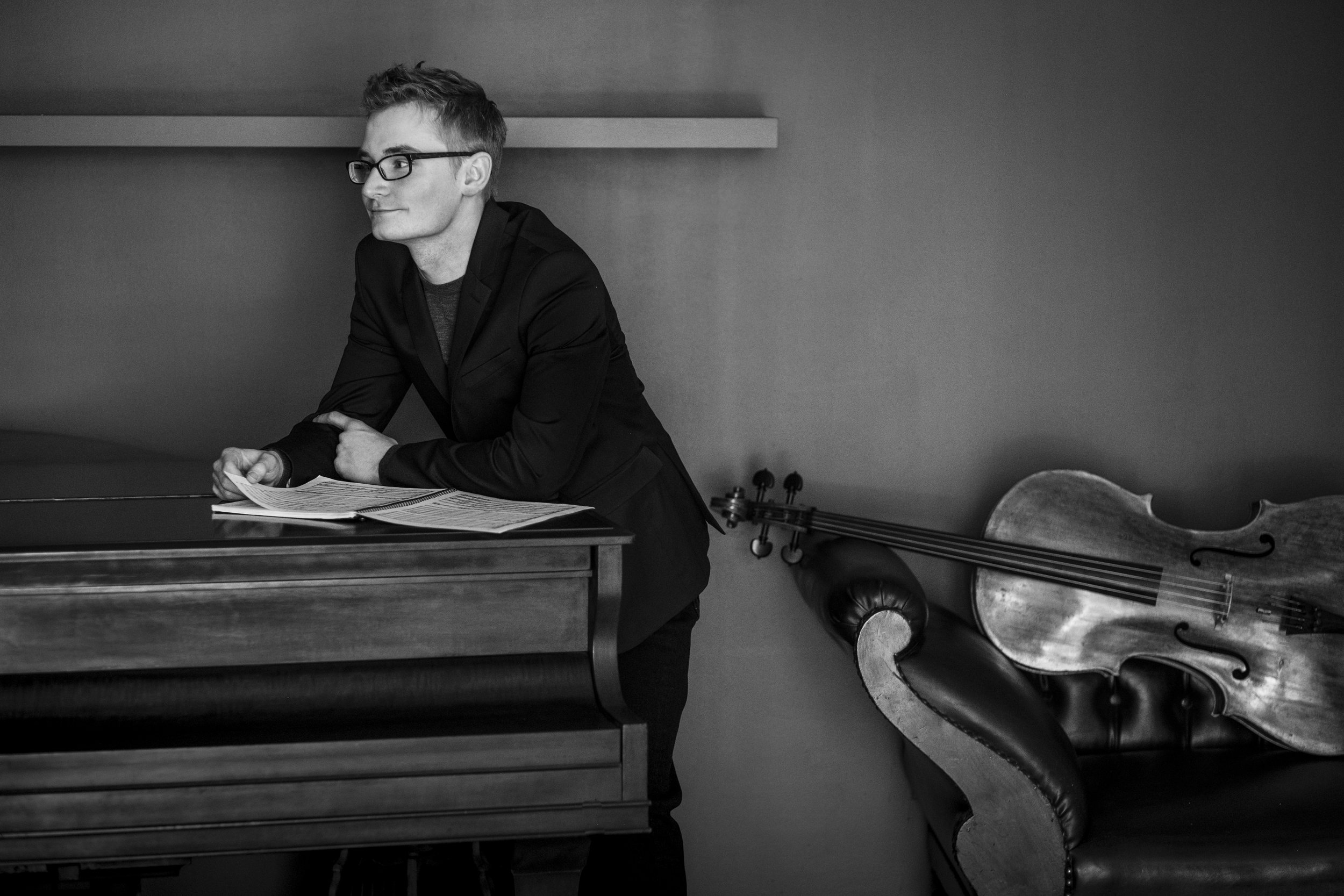
Cellist
Alexander Hersh
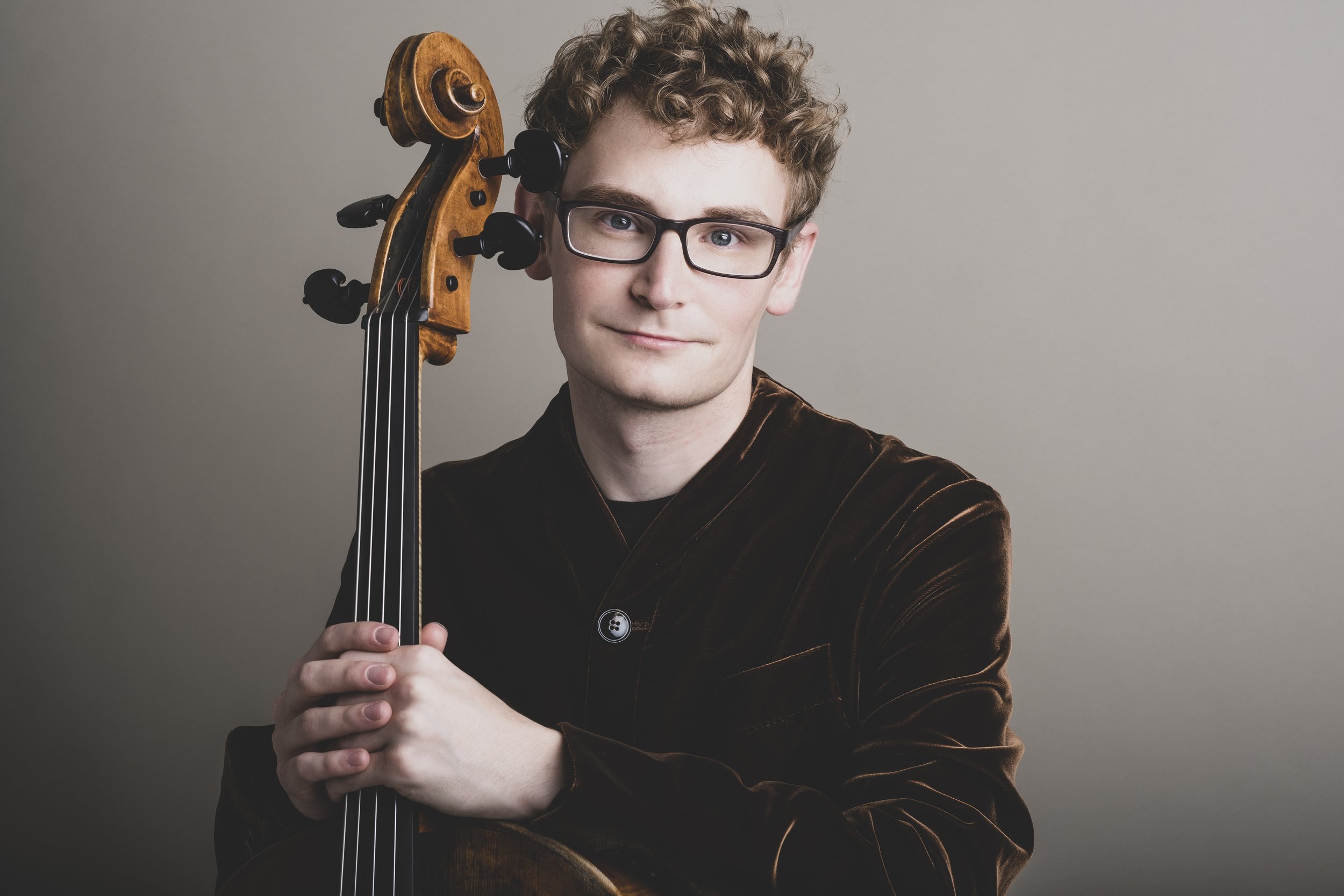

Latest News
Featured
Alexander Hersh named a top prize winner of the 2024 Naumburg International Cello Competition.
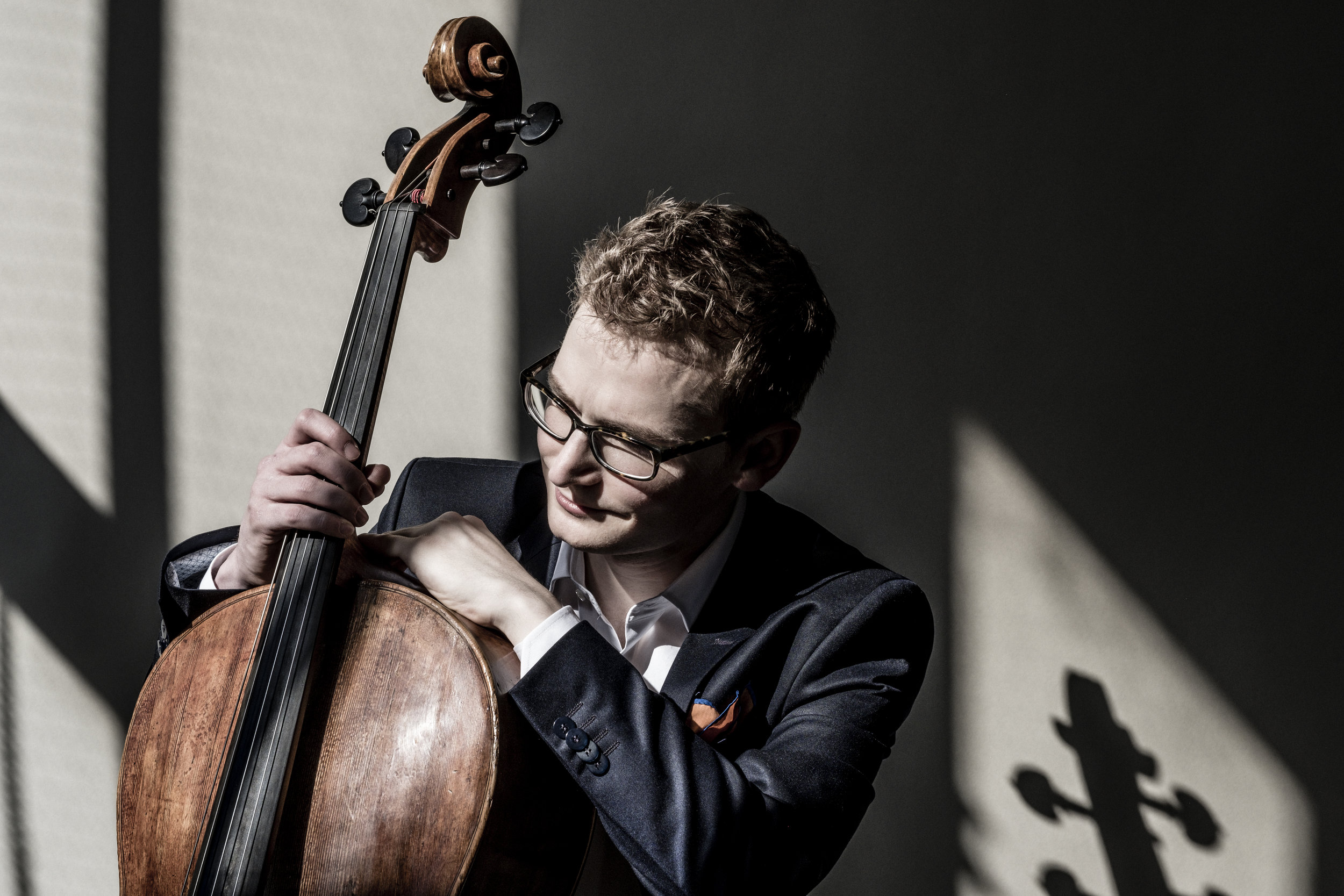
Upcoming Performances
Featured
Performing a set of solo works, including Daniel Pesca’s quietly searching In Solitude, Marc Neikrug’s dramatic Petrus for cello and piano, and the world premiere of a newly composed piece based on the imaginative premise of music for another planet.
MENDELSSOHN Piano Trio in C minor and SCHUBERT Piano Trio No. 2 in E-flat major with Stephanie Zyzak and Evren Ozel on the Vancouver Chamber Music Society series
Piano trios by Schubert and Mendelssohn with Stephanie Zyzak and Evren Ozel on the Vancouver Chamber Music Society series
